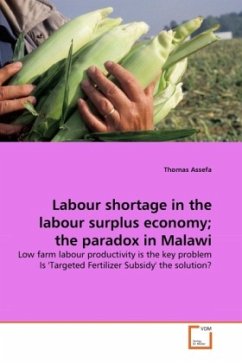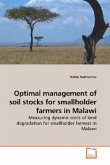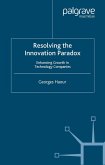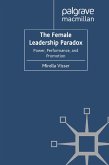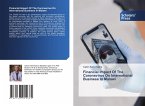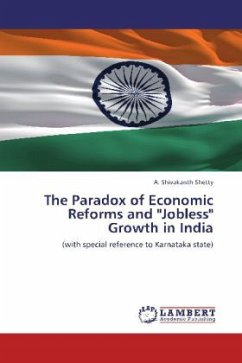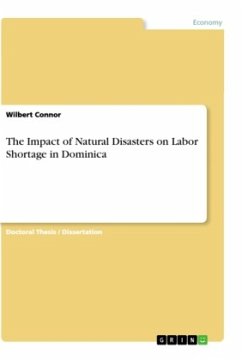Rural Malawian households are facing seasonal labour shortage problem at the peak time of their agricultural season while they are farming in a generally labour surplus economy. This problem is shared by many developing economies. In Malawi, low farm labour productivity mainly accounts for this problem. In line with this, the government of Malawi designed Agricultural Input Subsidy Program in 2005 with a major objective of improving labour and land productivity. This book investigates the most influential factors of labour productivity and assesses how the targeted fertilizer subsidy program affects labour productivity. It uses a large sample from six districts of the economy. Finally, Land per labour and fertilizer per labour ratios are found to be the most significant factors for farm labour productivity. It is also found that the targeted fertilizer subsidy program enhanced farm labour productivity in Malawi. Policy makers in Malawi and many developing countries sharing similar problem, donors of the Malawi's fertilizer subsidy program, researchers working in this area, and students in the field of Development Economics will found this book more helpful.
